Notary Public
Learn the role of a notary public in Canadian real estate transactions, especially in Quebec and BC, and how they help certify legal documents.

May 22, 2025
What is a Notary Public?
A notary public is a legal professional authorized to witness, certify, and prepare documents commonly involved in real estate transactions, especially in provinces like Quebec and British Columbia.
Why Notary Publics Matter in Real Estate
In Canadian real estate, notaries play a key role in ensuring that legal documents — such as purchase agreements, property transfers, and mortgage contracts — are properly executed and legally binding.While lawyers are often used in most provinces, notaries handle many real estate closings in Quebec and parts of British Columbia. Their responsibilities may include:
- Verifying identity and signatures
- Drafting and registering legal property documents
- Managing title transfers and mortgage registration
- Holding funds in trust for closing
Choosing a qualified notary ensures that your transaction proceeds smoothly, with accurate documentation and legal compliance, particularly when buying or selling property in regions where they are standard.
Example of a Notary Public in Action
A buyer in Montreal hires a notary public to finalize their condo purchase, ensuring all documents are correctly registered with the provincial land registry.
Key Takeaways
- Certifies and drafts real estate documents.
- Common in Quebec and parts of B.C.
- May replace a lawyer in standard closings.
- Handles legal registration and fund transfer.
- Essential for document validity and compliance.
Related Terms
- Real Estate Lawyer
- Title Transfer
- Land Registry
- Trust Account
- Legal Fees

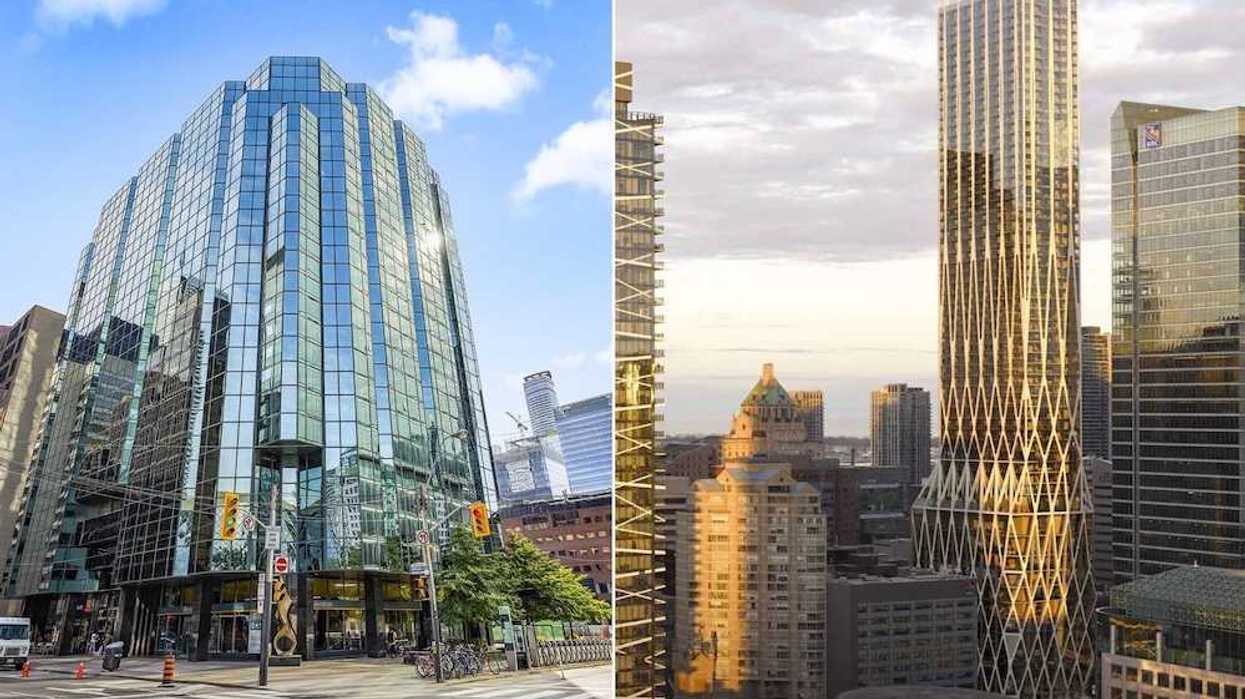
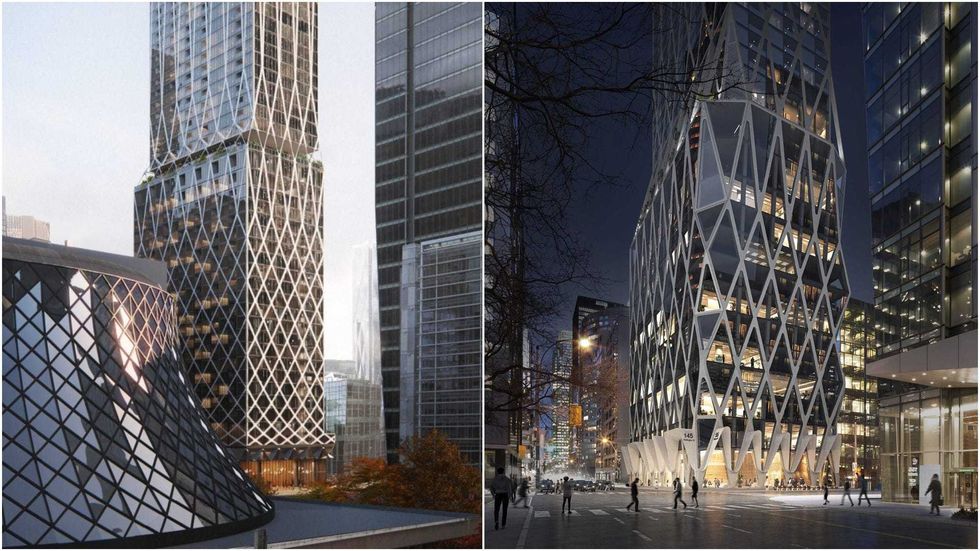 Renderings of the 65-storey tower previously proposed for 145 Wellington Street West. (Partisans with Turner Fleischer / SKYGRiD)
Renderings of the 65-storey tower previously proposed for 145 Wellington Street West. (Partisans with Turner Fleischer / SKYGRiD)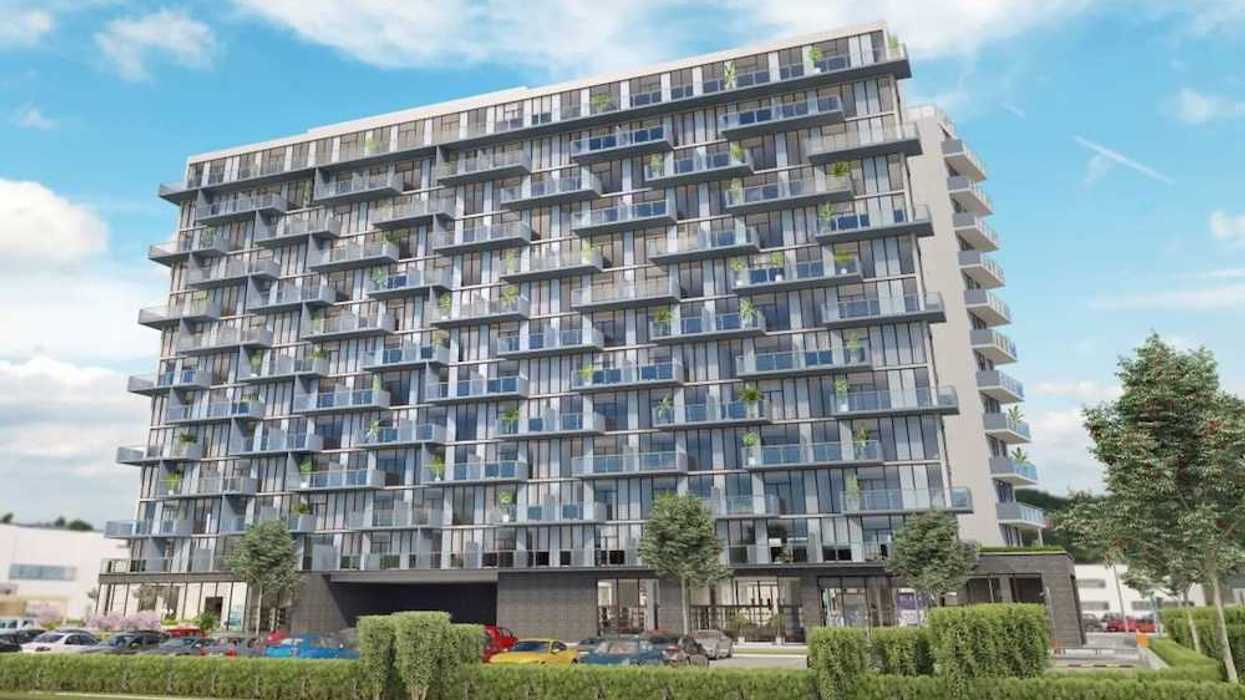
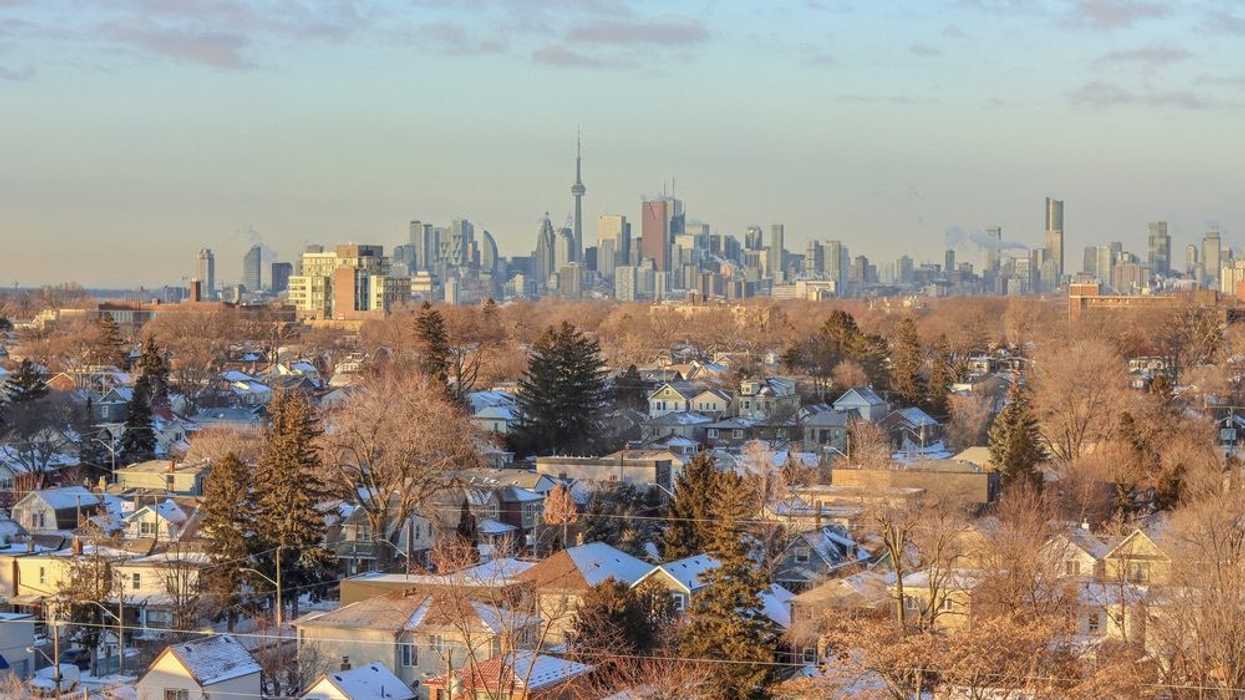
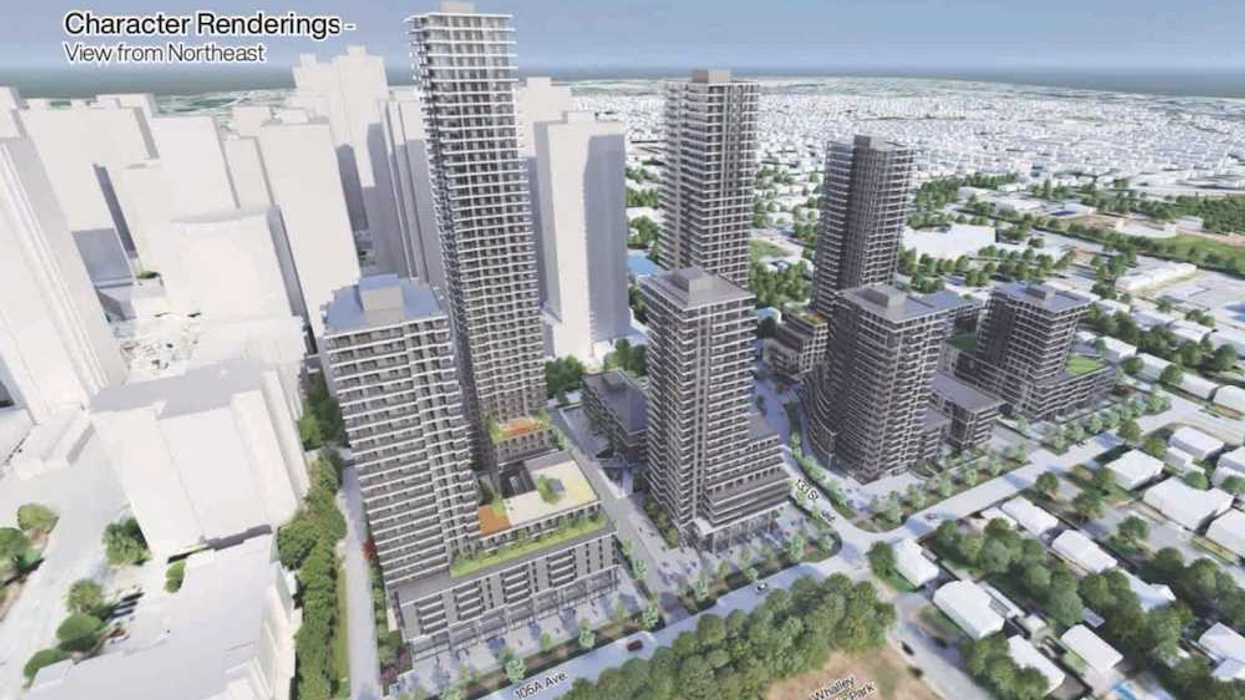
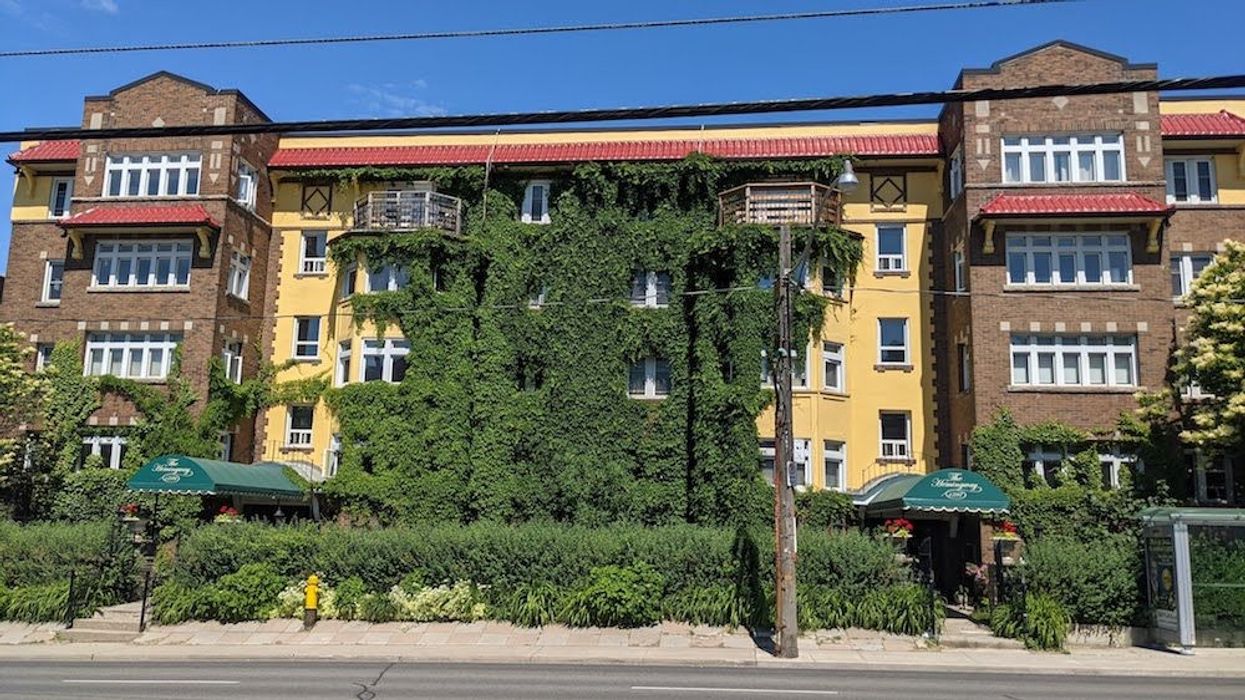

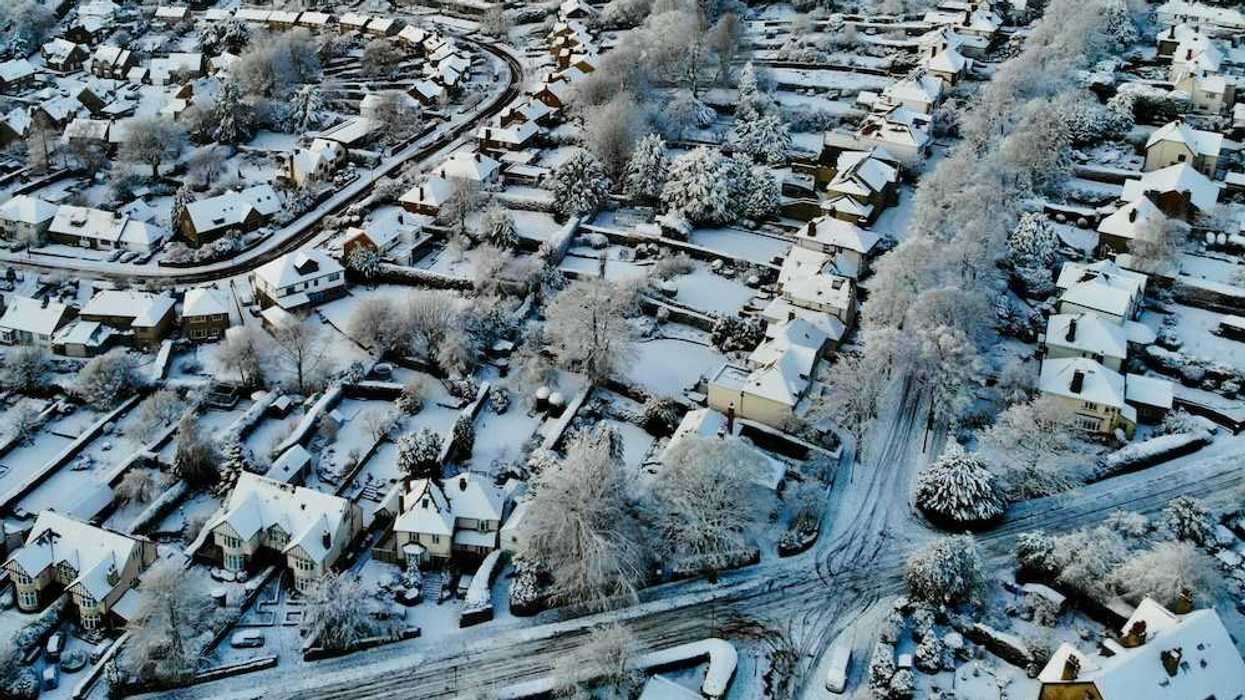
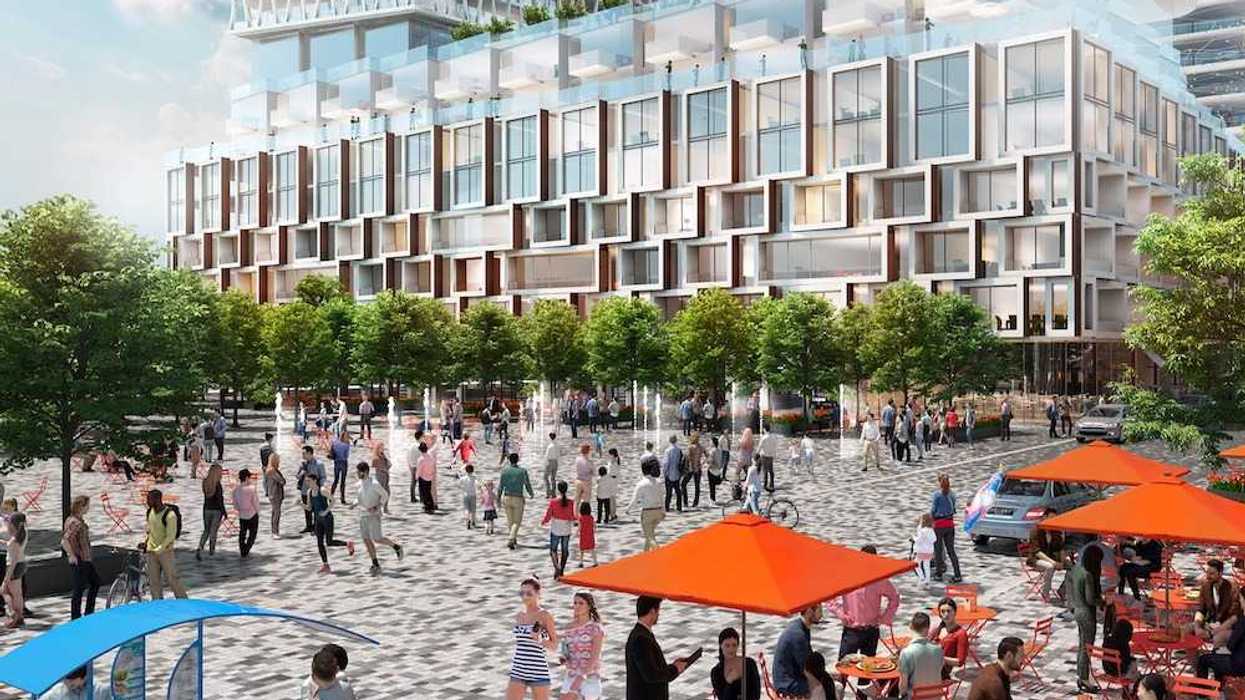
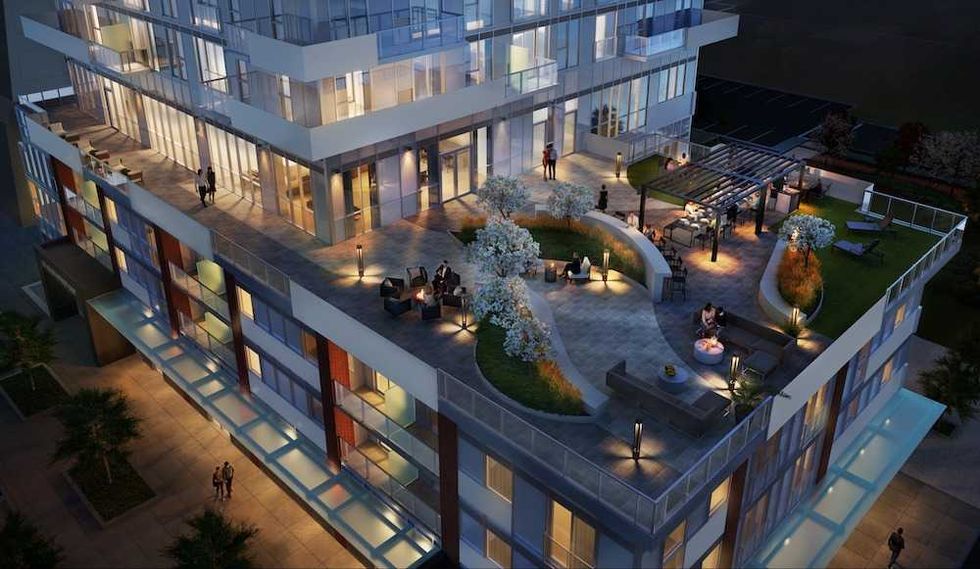 205 Queen Street, Brampton/Hazelview
205 Queen Street, Brampton/Hazelview
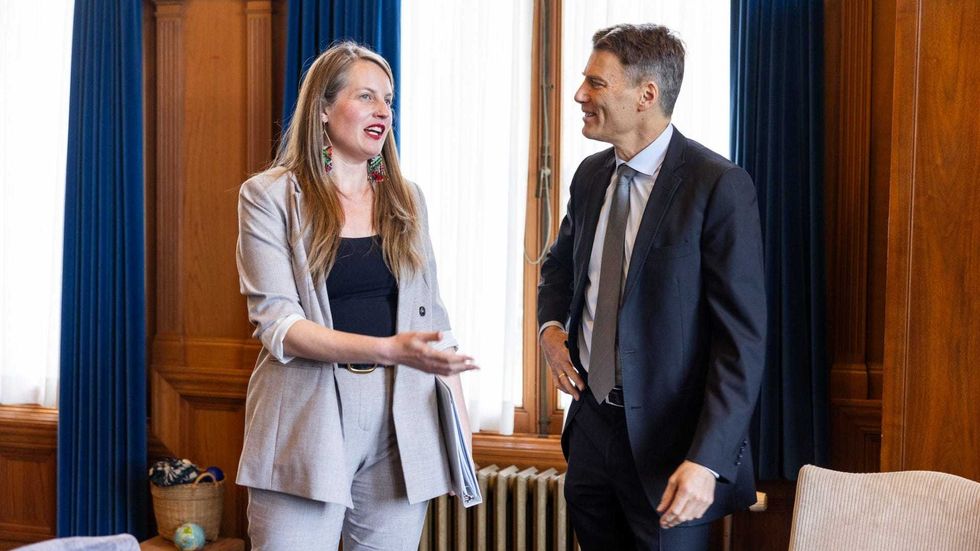 Christine Boyle and Gregor Robertson. (Government of British Columbia)
Christine Boyle and Gregor Robertson. (Government of British Columbia)

 CREA
CREA
 Liam Gill is a lawyer and tech entrepreneur who consults with Torontonians looking to convert under-densified properties. (More Neighbours Toronto)
Liam Gill is a lawyer and tech entrepreneur who consults with Torontonians looking to convert under-densified properties. (More Neighbours Toronto)